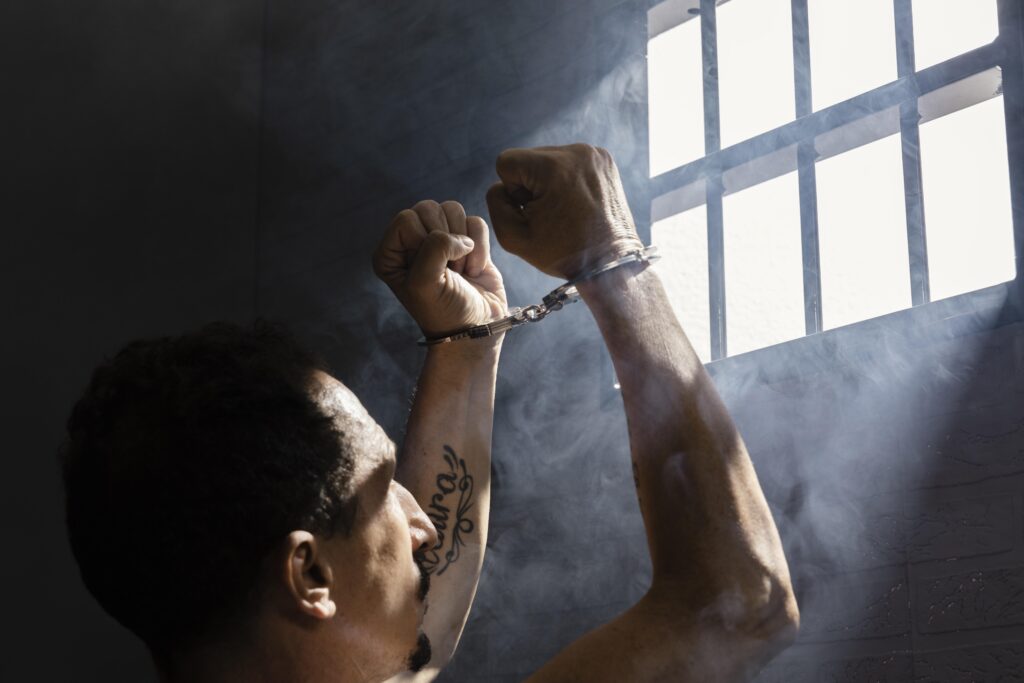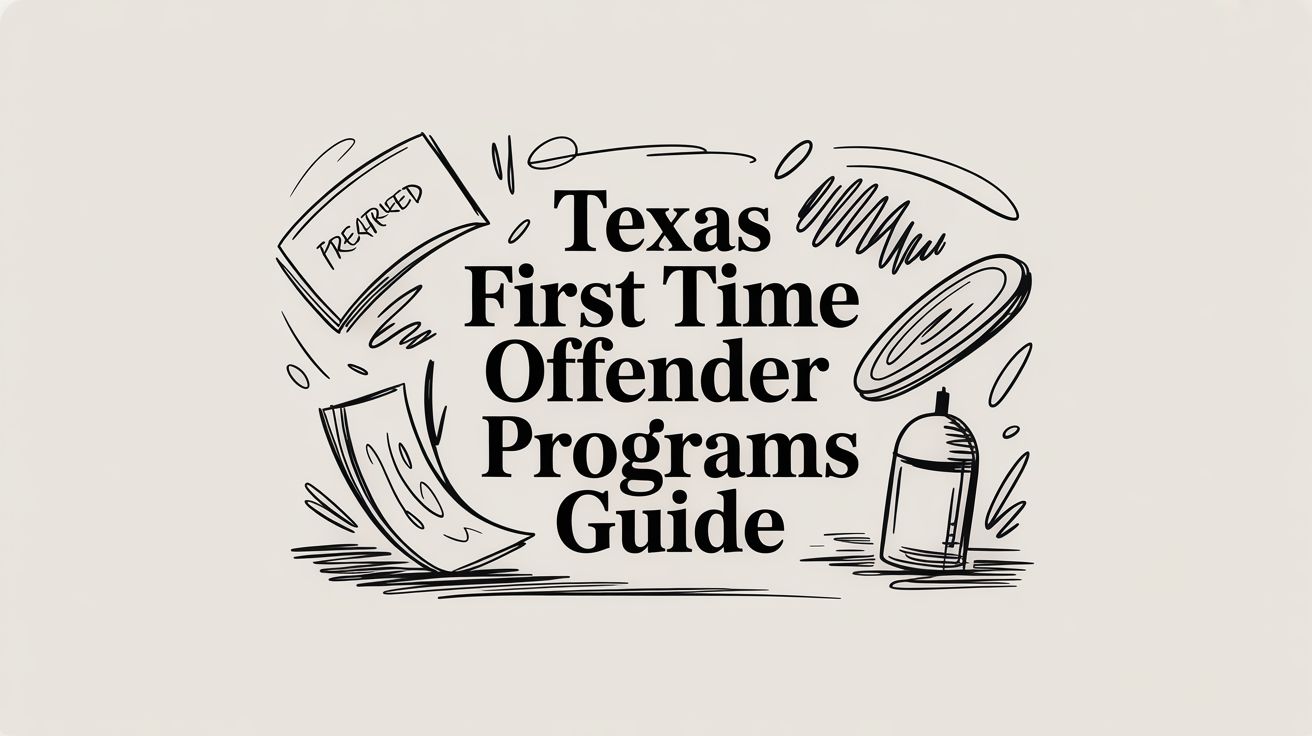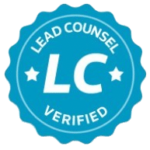Frequently Asked Questions
Can a DWI be expunged?
A DWI can be expunged under certain circumstances. If you successfully complete probation and meet specific criteria, you may be eligible for expunction in Texas, allowing you to clear your record.
Is jail time mandatory?
Jail time is not always mandatory. Whether a judge imposes jail time depends on various factors, including the nature of the crime, the defendant's criminal history, and the specifics of the case.
Can a DWI be reduced?
A DWI can potentially be reduced. Depending on the circumstances of the case, factors such as lack of evidence, plea negotiations, or first-time offender programs may allow for a reduction in charges or penalties.
How to hire a DWI attorney?
Hiring a DWI attorney involves researching qualified legal professionals, evaluating their experience with DWI cases, and scheduling consultations to discuss your situation and fees. Choose an attorney who prioritizes your rights and has a strong track record in Rockwall County.
What are DWI penalties?
DWI penalties can include fines, license suspension, mandatory alcohol education programs, and even jail time, depending on the severity of the offense and whether it is a repeat violation.
Can lawyer help?
A lawyer can provide crucial assistance by navigating the complexities of criminal charges, protecting your rights, and developing a strong defense strategy tailored to your case. Their expertise is essential for achieving the best possible outcome.
What is criminal court process?
The criminal court process involves several stages, including arrest, arraignment, pre-trial motions, trial, and sentencing, where the accused has the opportunity to defend themselves against charges in a court of law.
What is a trial?
A trial is a formal legal proceeding where evidence is presented before a judge or jury to determine the guilt or innocence of an accused individual in a criminal case.
What is defense attorney?
A defense attorney is a legal professional who represents individuals accused of criminal offenses, working to protect their rights and provide a robust defense throughout the legal process.
How to hire attorney?
Hiring an attorney involves researching qualified candidates, assessing their experience in criminal law, scheduling consultations to discuss your case, and evaluating their communication style and fees before making a decision.
How find Rockwall lawyer?
Finding a Rockwall lawyer involves researching local law firms, reading client reviews, and checking their expertise in criminal defense. You can also schedule consultations to discuss your case and assess their suitability for your needs.
Can charges be dropped?
Charges can be dropped under certain circumstances. This may occur if there is insufficient evidence, procedural errors, or if a plea agreement is reached. Consulting with a knowledgeable attorney can help determine the best course of action.
What is a felony DWI?
A felony DWI refers to a serious offense involving driving while intoxicated that results in significant consequences, such as injury or death, or occurs after multiple DWI convictions. This charge carries harsher penalties compared to misdemeanor DWIs.
What are the steps to expunge a DWI?
The steps to expunge a DWI involve filing a petition for expunction, ensuring eligibility, gathering necessary documents, attending a court hearing, and obtaining a court order for the expunction.
How long does a DWI stay on record?
A DWI stays on your record for a minimum of 10 years in Texas. However, if you have multiple offenses, the duration may be longer, impacting future legal matters and driving privileges.
What factors affect DWI penalties?
The factors that affect DWI penalties include the driver's blood alcohol concentration (BAC), prior DWI offenses, the presence of minors in the vehicle, and whether any accidents or injuries occurred as a result of the DWI.
Can I appeal a DWI conviction?
You can appeal a DWI conviction. If you believe there were legal errors during your trial or issues with the evidence presented, you may have grounds for an appeal. Consulting with a qualified attorney can help you navigate this process effectively.
What are the consequences of a felony DWI?
The consequences of a felony DWI include severe penalties such as lengthy prison sentences, hefty fines, and the loss of driving privileges. Additionally, a felony conviction can have lasting impacts on employment opportunities and personal reputation.
How can I reduce my DWI charges?
Reducing DWI charges involves several strategies, including challenging the evidence against you, negotiating plea deals, or demonstrating mitigating circumstances. Consulting with an experienced attorney can help you navigate these options effectively.
What should I expect during a DWI trial?
What to expect during a DWI trial includes a presentation of evidence, witness testimonies, and arguments from both the prosecution and defense. The trial process aims to determine your guilt or innocence based on the evidence presented.
What evidence is needed for a DWI defense?
The evidence needed for a DWI defense includes police reports, breathalyzer or blood test results, witness statements, and any video footage from the arrest. This information helps establish the validity of the charges and protect the defendant's rights.
How to prepare for a DWI consultation?
Preparing for a DWI consultation involves gathering relevant documents, such as your arrest report, any legal notices, and your driver's license. Be ready to discuss the details of your case and any questions you may have about the process.
What are common defenses against DWI charges?
Common defenses against DWI charges include challenging the legality of the traffic stop, questioning the accuracy of breathalyzer tests, and arguing that the driver was not impaired. Each case is unique, so it’s essential to consult with an experienced attorney.
How does a DWI affect my insurance?
A DWI can significantly impact your insurance by increasing your premiums or leading to policy cancellation. Insurers may view you as a higher risk, resulting in higher rates or difficulty obtaining coverage.
What is the role of a defense attorney?
The role of a defense attorney is to provide legal representation for individuals accused of crimes, ensuring their rights are protected throughout the legal process while advocating for the best possible outcome in their case.
Can I represent myself in a DWI case?
Representing yourself in a DWI case is possible, but it is highly discouraged. The complexities of the legal system and potential consequences make having an experienced attorney essential for effectively navigating your defense and protecting your rights.
What happens at a DWI arraignment?
A DWI arraignment involves the formal reading of charges against the defendant, who then enters a plea. The court will also discuss bail conditions and set future court dates during this initial hearing.
How to find a qualified DWI attorney?
Finding a qualified DWI attorney involves researching local law firms, checking their experience with DWI cases, reading client reviews, and scheduling consultations to discuss your situation and gauge their expertise.
What are the long-term effects of a DWI?
The long-term effects of a DWI can include severe penalties such as license suspension, increased insurance rates, potential jail time, and a permanent criminal record, which may impact employment opportunities and personal relationships.
What should I do after a DWI arrest?
After a DWI arrest, it is crucial to remain calm and seek legal representation immediately. Contact an experienced attorney to discuss your case and explore your options for defense and potential consequences.


























